


This project is collaborating with the WWCS project of Caritas in Tajikistan - From reactive response to informed management: Leveraging weather, water and climate services for sustainable rural livelihoods and well-being in Tajikistan - to provide scientific backstopping. The support will focus on the development of methodologies and protocols for tracking outcomes envisioned within the WWCS initiative. The thematic focus and multi-stakeholder approach of the project embody a level of complexity that necessitates the engagement of novel scientific, government and business partners.
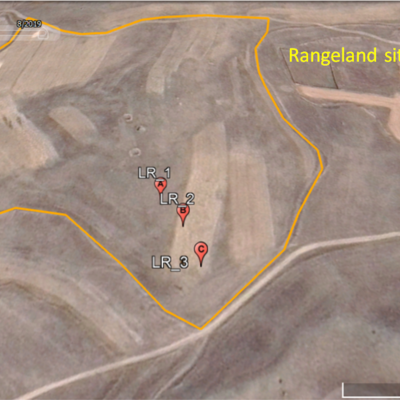
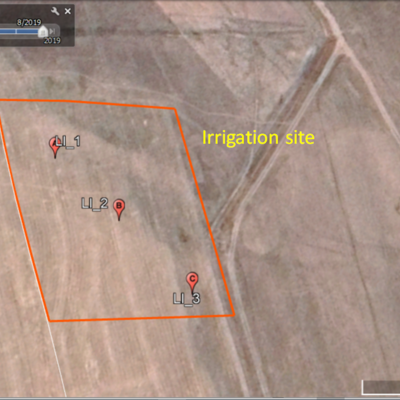
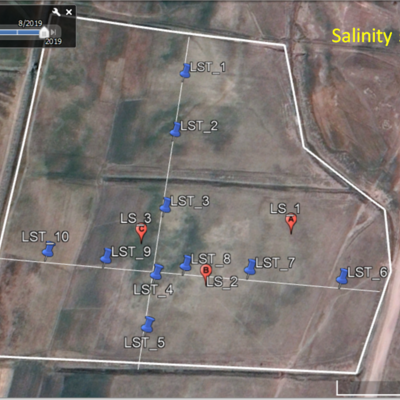
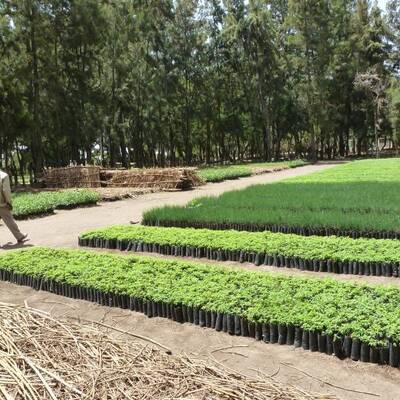
Improve livelihoods and well-being through development of WWCS that are nationally provided, locally relevant, equally accessible, and affordable.
Project objectives are as follows: To support in the development of high-density observations; development of WWCS; development of benchmark plots; training and support to national partners; contribution to the generation of knowledge material and dialogue within both online and in-person meetings; and generation of evidence and knowledge to support national policy and contribution to international literature and debate.
Building on more than three decades of experience in Central Asia, ICARDA provides scientific backstopping to the Academy of Agricultural Sciences in Tajikistan, and more generally to the Ministry of Agriculture, in the generation of contextually relevant approaches for sustainable land and water use management; and evidence of outcomes attained through sound and judicious application of WWCS. The project will initially target the districts of Laksh and Muminabad and later expand nationally through effective engagement with national partners.
UPDATES
In 2022, the WWCS project of Caritas in Tajikistan received technical support from ICARDA’s Restoration Initiative on Dryland Ecosystems (RIDE) through the installation of water harvesting structures, irrigation systems, and planting of several varieties of diversified crops.
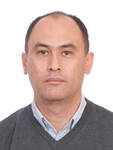

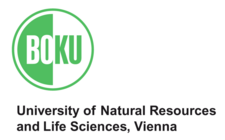

© 2026 International Center for Agricultural Research in the Dry Areas (ICARDA)